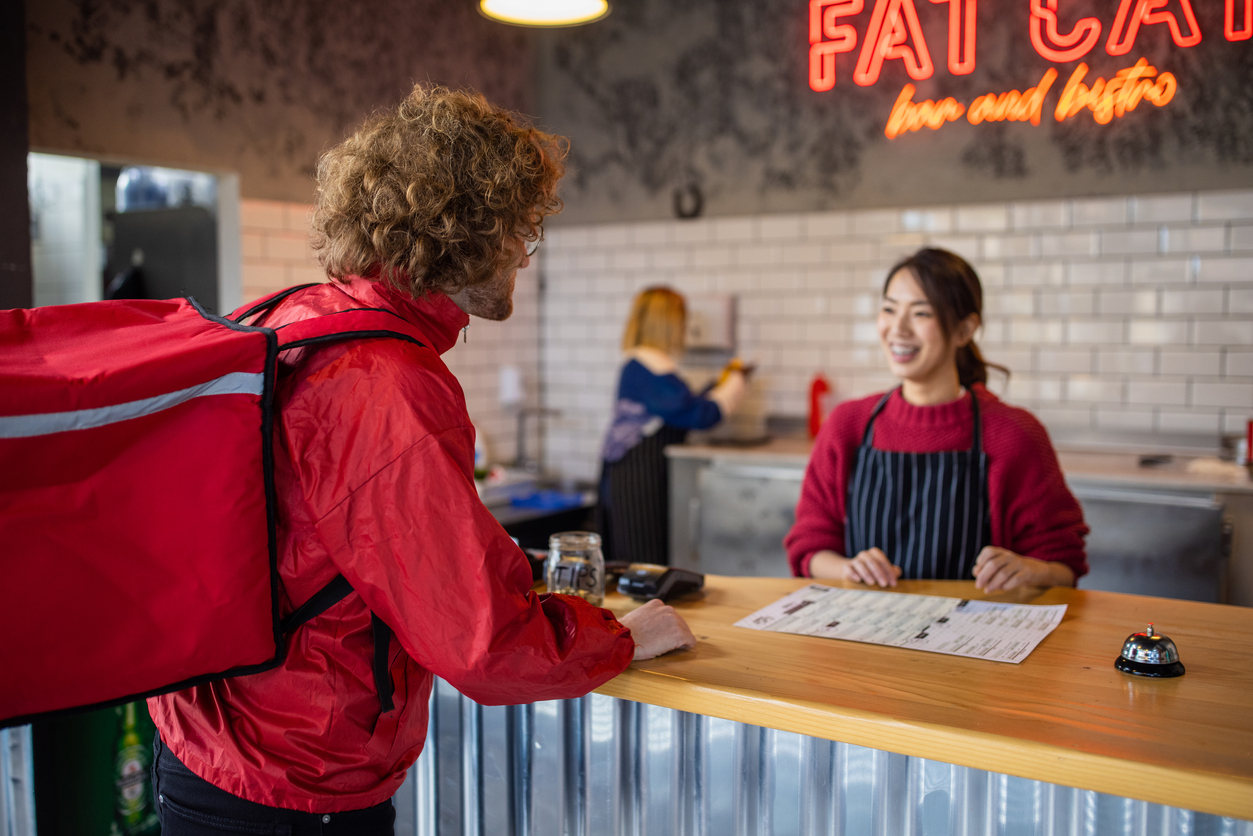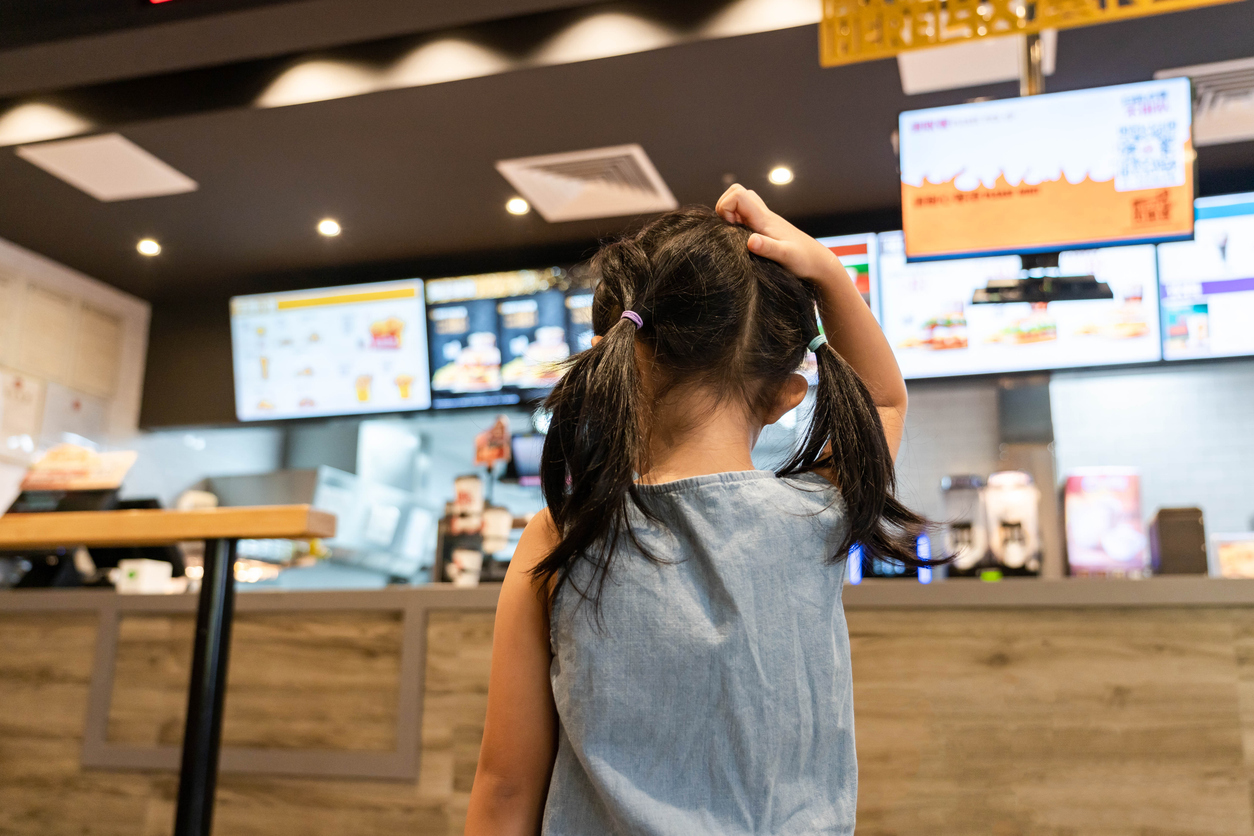Customer engagement plays a pivotal role in every restaurant's ability to grow. Building connections with guests through meaningful digital and in-person interactions ultimately enhances their dining experience. To drive engagement you need to have a deep understanding of customer preferences and behaviors to create personalized experiences that promote repeat business. Restaurants can focus on optimizing their menus, improving service quality, and creating relevant offers to turn casual visitors into loyal fans. Effective engagement strategies boost revenue, setting the foundation for long-term success.
Impact Of Customer Engagement On Sales
Engaging customers effectively in the restaurant industry goes beyond good service—it's a strategic move that can significantly impact sales. Customer engagement has multiple benefits, such as:
Increased Customer Loyalty And Retention
Customer loyalty is the backbone of a successful restaurant. When patrons feel valued, they are more likely to come back. Engagement initiatives such as personalized dining experiences, loyalty programs, and direct feedback mechanisms ensure customers feel connected to the restaurant. This emotional bond translates to repeated visits, ensuring a steady revenue stream. For instance, a well-implemented loyalty program that rewards customers for their repeat business can significantly increase return visits, directly impacting sales.
Positive Word-Of-Mouth Marketing And Referrals
Engaged customers are not just repeat visitors—they become ambassadors for the restaurant. Positive experiences are often shared with friends, family, and online communities, creating organic marketing opportunities. Word-of-mouth marketing is incredibly powerful in the restaurant industry, where personal recommendations carry significant weight. By providing service and dining experiences, restaurants can cultivate a loyal customer base that actively promotes the business. This attracts new customers and enhances the restaurant's reputation, resulting in increased sales growth.
Higher Average Spending Per Customer
Customers who are engaged and satisfied tend to spend more per visit. Enhanced engagement can lead to higher average checks through various means. For example, personalized upselling based on customer preferences, special promotions, and exclusive menu items for loyal customers can encourage higher spending. Moreover, engaged customers are more likely to try new menu items, participate in events, and purchase add-ons, which increase sales.
How To Drive Customer Engagement At Your Restaurant?

Driving customer engagement in a restaurant involves creating a memorable dining experience that encourages customers to return and recommend your establishment to others. Here are several strategies to help you achieve this:
Personalized Customer Experiences
Personalizing the dining experience can significantly enhance customer satisfaction and increase loyalty. Utilize data to tailor interactions and menu offerings. For example, remember regular customers' favorite dishes or special dietary needs and make recommendations based on past orders. Reservation systems that track customer preferences can help staff provide a more personalized touch. Effective personalization also requires training staff to recognize and act on these customer insights.
Loyalty Programs And Rewards
Loyalty programs are a proven way to encourage repeat business. Design a rewards program that offers points for every dollar spent, which can be redeemed for discounts, free items, or special promotions. Ensure the program is easy to understand and use, and consider incorporating a digital app for convenience. Offering exclusive deals and early access to new menu items for loyalty members can further incentivize participation.
Social Media Engagement And Online Reviews
Use social media to share updates, promote specials, and interact with customers. Encourage diners to share their experiences online and respond promptly to positive and negative reviews on restaurant sites. Engaging with customers on these platforms enhances visibility and shows that you value their feedback.
Interactive Promotions And Events
Hosting interactive events and promotions can create excitement and draw customers to your restaurant. Consider organizing themed nights, cooking classes, wine tastings, or live music events. Promotions like happy hours, limited-time offers, and contests can boost engagement. These activities make dining out an experience, not just a meal, encouraging customers to return for more.
Staff Training And Culture Of Hospitality
Your staff plays a vital role in creating a welcoming and engaging atmosphere. Invest in comprehensive training programs that emphasize customer service excellence. Encourage a culture of hospitality where every team member understands the importance of making each guest feel valued and appreciated. Happy, well-trained staff are more likely to provide outstanding service.
How To Measure And Analyze The Impact?
It is essential to focus on key performance metrics and employ a systematic approach to effectively measure and analyze the impact of customer engagement initiatives in restaurants. This ensures that the strategies implemented are driving the desired outcomes and allows for continuous improvement.
Key Performance Indicators (KPIs)
Key performance indicators (KPIs) are crucial metrics that help gauge the effectiveness of customer engagement strategies. Tools like surveys and feedback forms can provide direct insights into customers' satisfaction with their dining experience. Tracking the frequency of repeat visits can indicate customer loyalty and satisfaction. Monitoring the average spend per customer visit helps determine if engagement strategies encourage higher spending.
Assessing The Sales Growth
Examine sales figures before and after implementing engagement strategies to identify any significant changes. Your POS system can track sales and gather data on customer behavior, such as time spent in-store or order frequency. Break down sales data by customer segments, such as new vs. returning customers, to understand which groups drive growth. Account for seasonal variations to ensure sales growth is attributed to engagement strategies rather than external factors.
Iterative Improvement
Continuous improvement is vital for sustaining and enhancing customer engagement. Regularly collect and analyze customer feedback to identify areas for improvement. Implement small changes to engagement strategies and test their impact on customer behavior and sales. Based on insights from feedback and performance reviews, adjust your strategy to better meet customer needs and preferences.
Boost Your Restaurant Sales With Checkmate
Measuring and analyzing the impact of customer engagement initiatives is vital for enhancing restaurant sales. Checkmate can streamline this process, providing real-time data and actionable insights to optimize menu offerings and drive revenue growth. With this information, you can make informed decisions about menu offerings, promotions, and other aspects directly affecting sales. Ready to see how Checkmate can improve your business? Check out our site and request a demo





